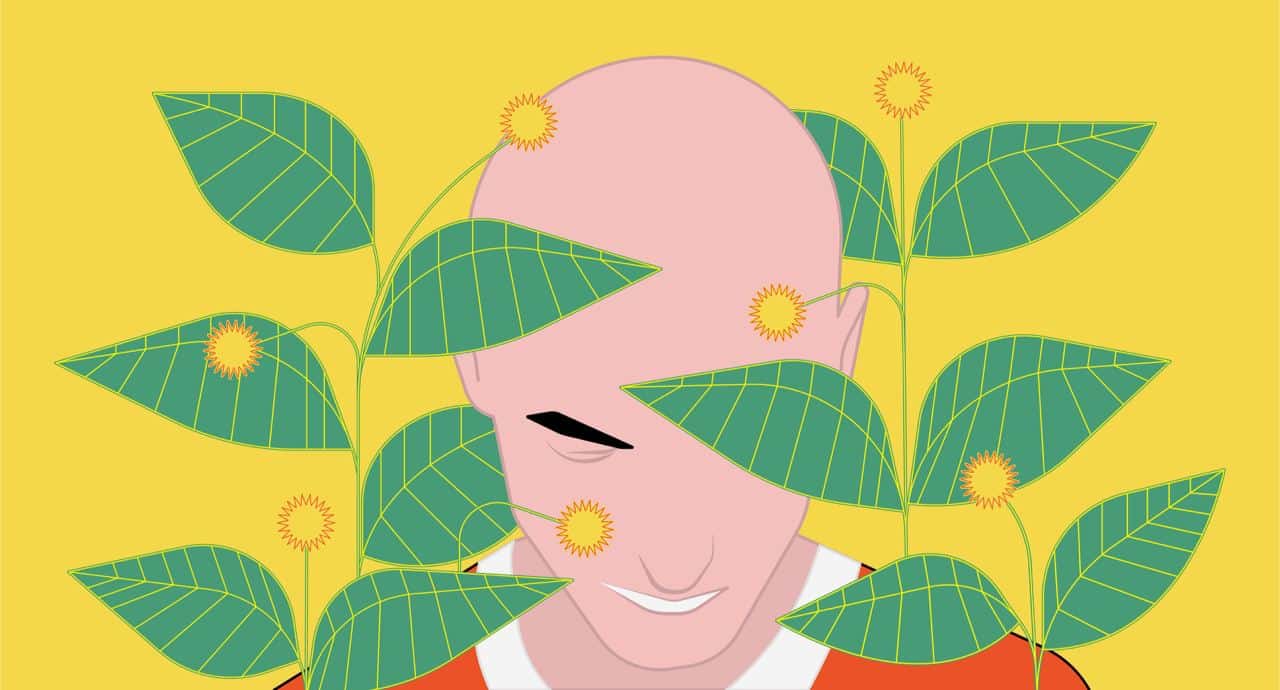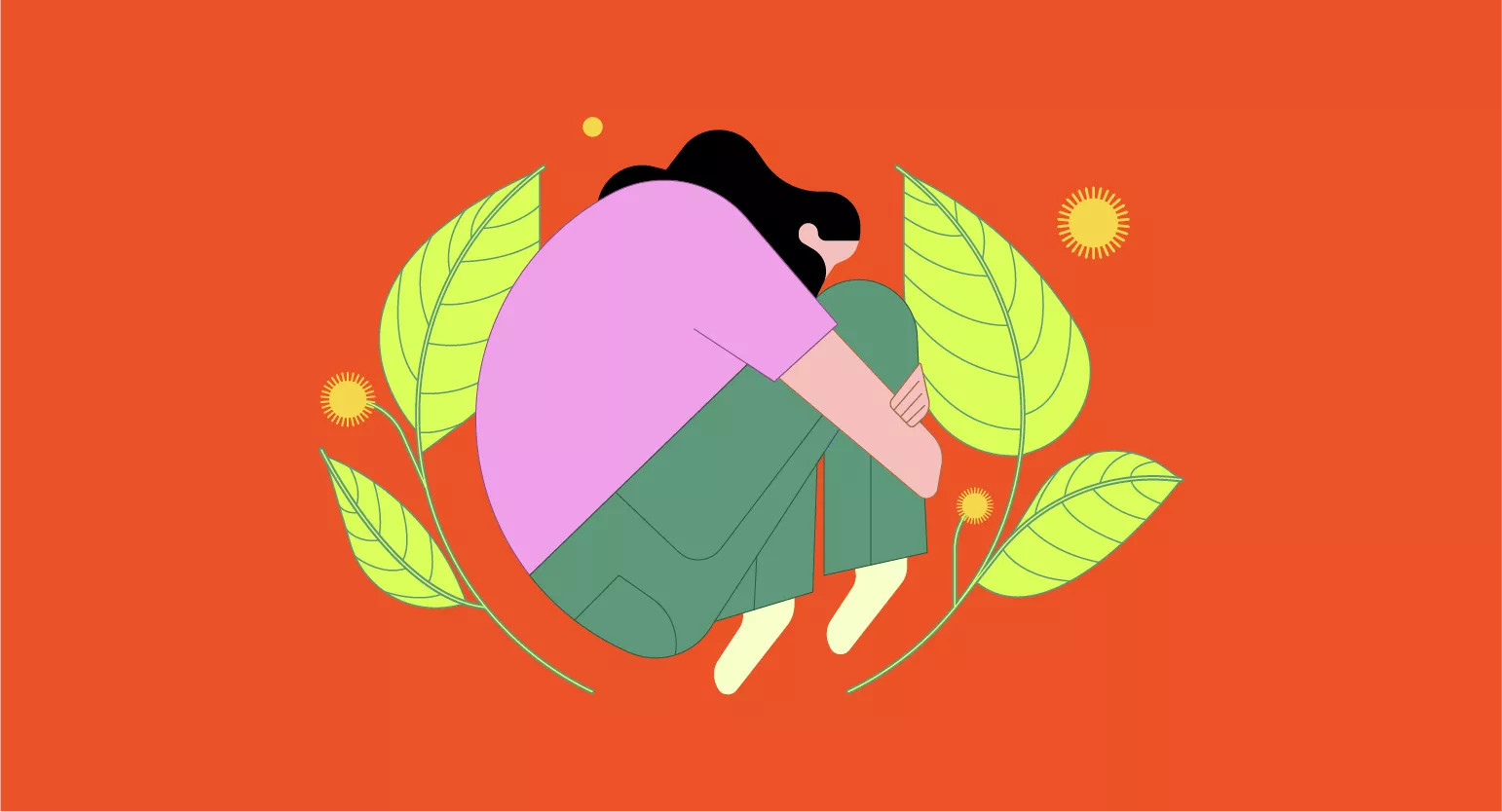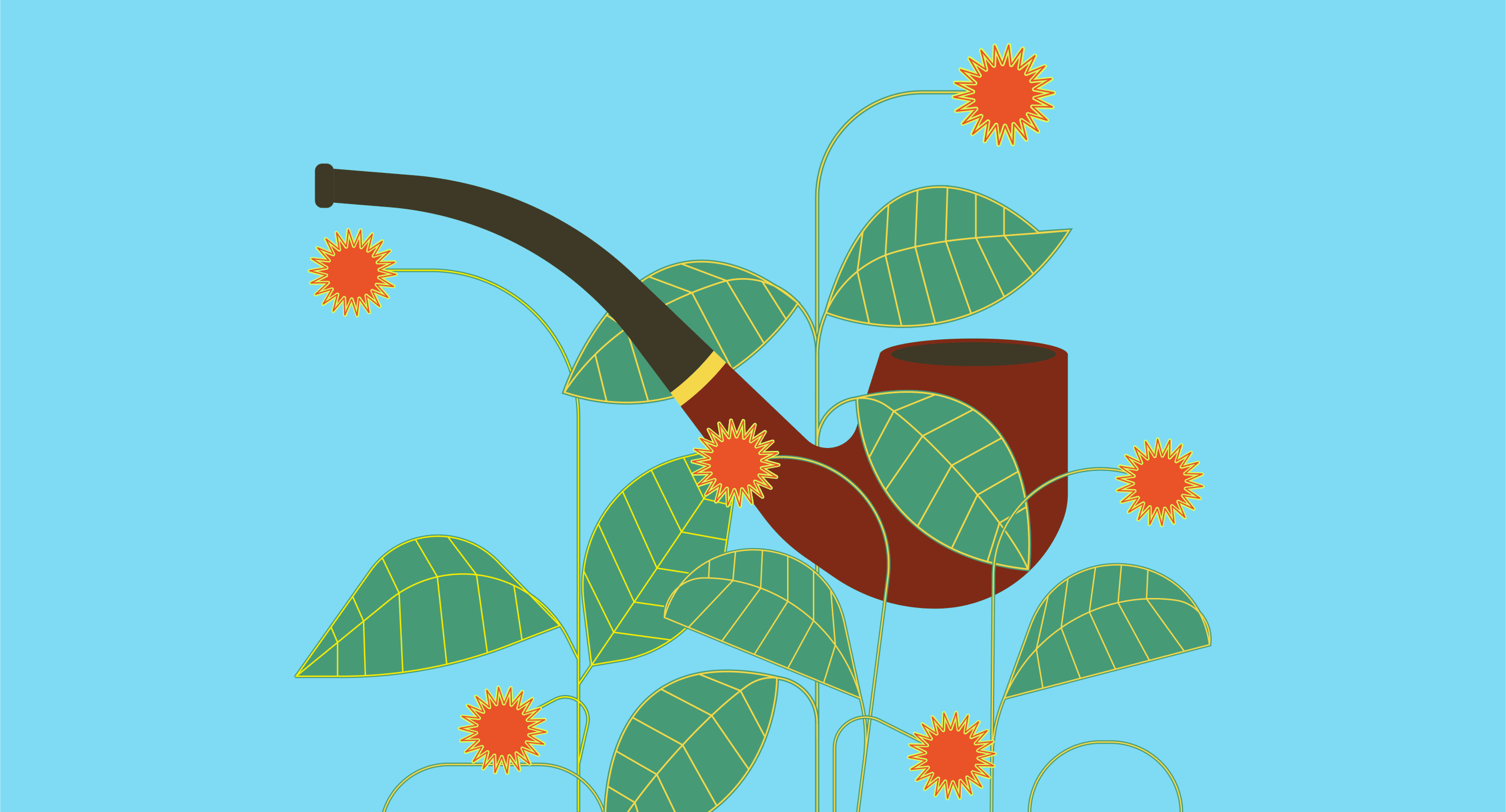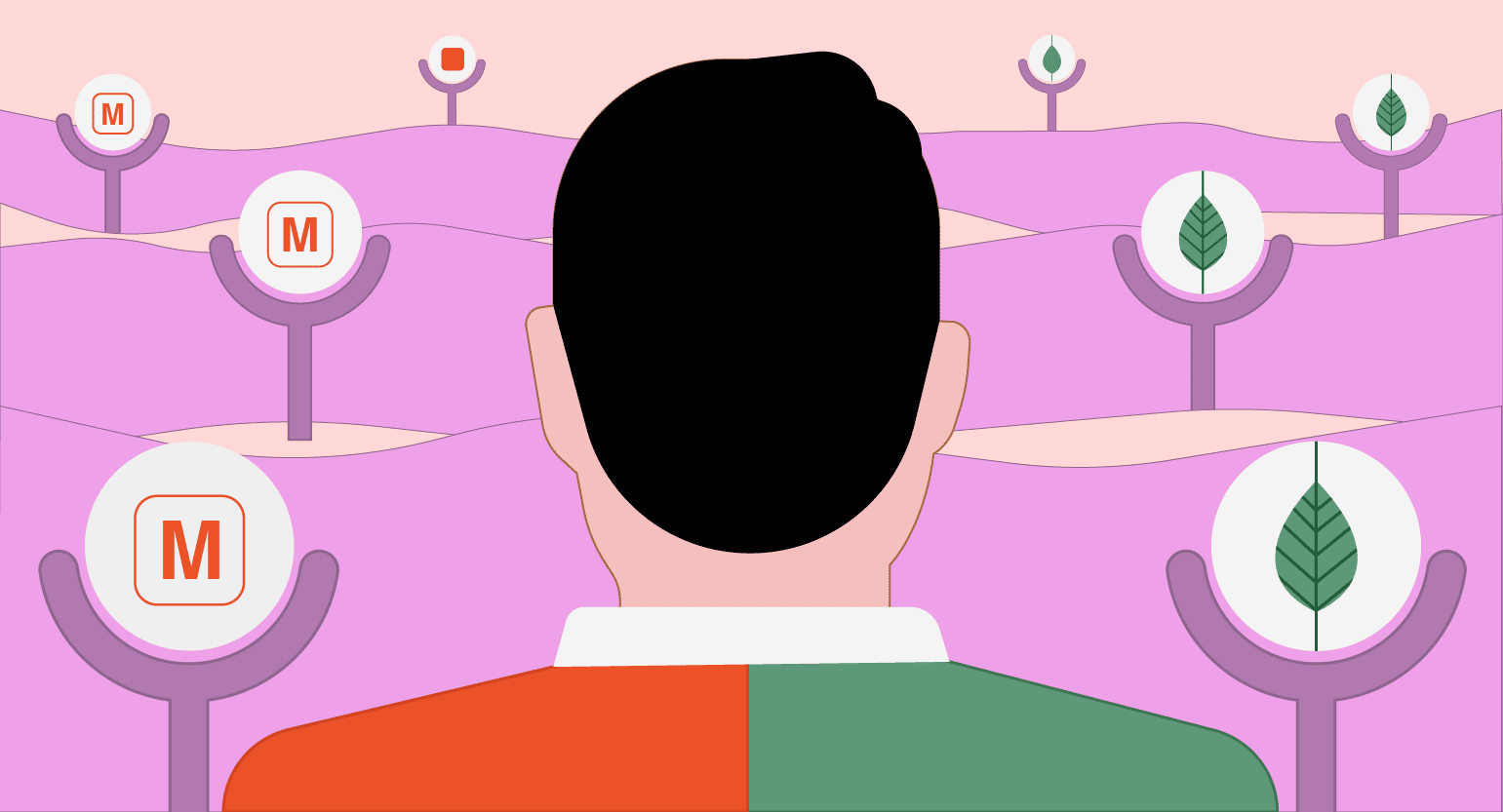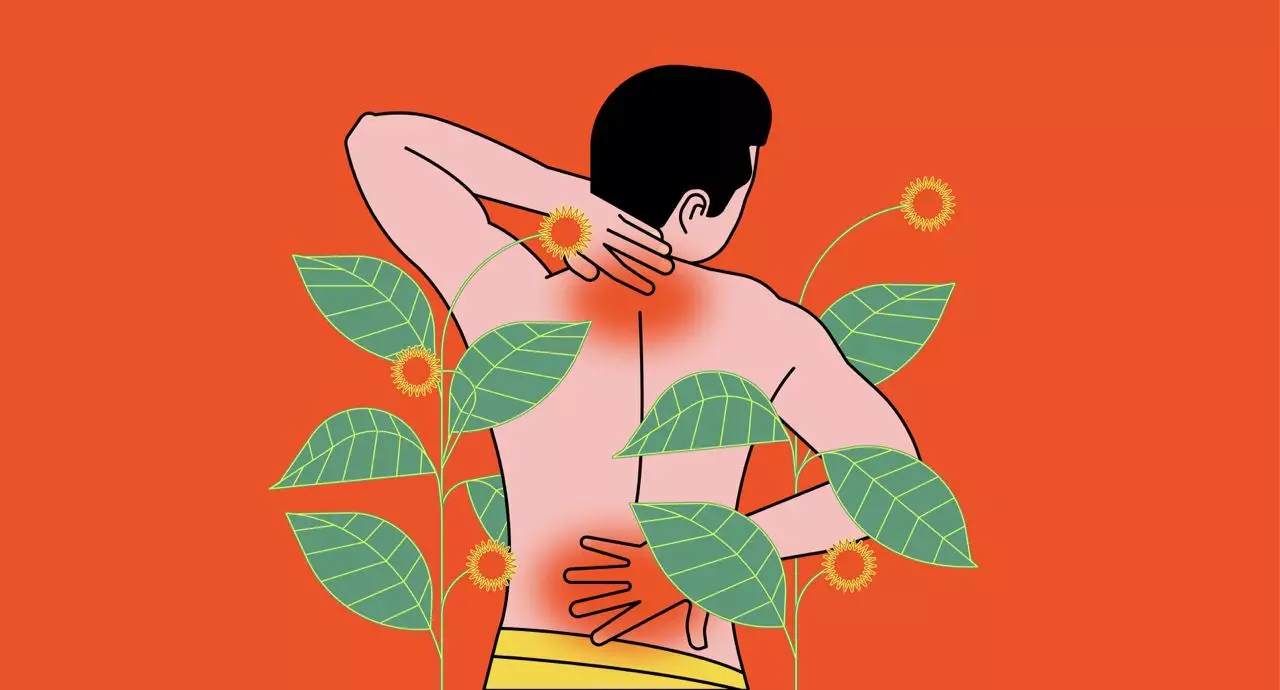TL, DR: Does Kratom Cause Hair Loss?
There’s no evidence to suggest that kratom causes hair loss.
While it’s true that some people have experienced hair loss while using kratom for many years, there’s no clear correlation with the supplement.
Most likely, these people are experiencing hair loss as a normal part of the aging process or as a result of other medications or underlying health conditions. Kratom is unlikely to cause hair loss on its own.
Kratom & Hair Loss: What We Know
While it might seem strange initially, much of the information available on kratom comes from anecdotal reports submitted by internet users. Despite its incredible popularity, a relatively small body of research has been done on kratom.
In other words, a lot of what the world ‘knows’ about kratom isn’t actually backed by science.
With that said, let’s explore these reports in more detail by covering some of the leading theories behind them:
1. Kratom Pesticides
There are some reports that a Selenium-based pesticide spray sometimes used on kratom farms can cause hair loss. This has yet to be proven scientifically, and no other commercial crops that use this spray have been mentioned.
With that said, one of the main reasons we always urge our readers to check the lab reports on kratom vendors’ websites is to spot products that may be contaminated with pesticides.
Even if pesticides are used during the cultivation process, none of these compounds should remain in the final product. They should be applied early in the season, providing ample time for the pesticide residues to break down entirely before harvest.
2. Kratom & Testosterone
It’s generally believed that there is a link between kratom and testosterone. However, the available research has not yet confirmed exactly what this link is.
The only research available on this topic is an animal study that found no direct correlation between testosterone levels and kratom use.
Regardless, some long-term kratom users report symptoms of low testosterone. These include low energy, decreased libido, lack of motivation, brain fog, and depression. Whether these symptoms result from the kratom itself, the natural progression that comes with age, or a result of other medications users are taking to manage their condition remains unclear.
Some studies have found opioid agonists increase the conversion of free testosterone into dihydrotestosterone (DHT) — which could accelerate hair loss.
3. Kratom as an Immunostimulant
Kratom is known to be an immunostimulant — a supplement that increases the strength of your immune system. In the short term, this can be extremely useful for resisting infection and recovering from colds and cases of flu more quickly.
However, an immune system that is constantly overstimulated is not necessarily good news. One of the side effects of this is an increase in inflammation throughout the body.
Inflammation is a natural immune response. Inflammation directs the body’s healing resources to an area where there is damage. However, unchecked and unnecessary inflammation can cause problems.
An increased immune response can cause inflammation in the scalp, which could cause the immune cells to attack the hair follicles. This is exceedingly rare but theoretically possible.
If this happens, it could eventually lead to hair loss.
4. Kratom & Opioids
Kratom contains several alkaloids that affect the body’s opioid system. These alkaloids are responsible for kratom’s narcotic and painkilling benefits and its ability to promote relaxation and bliss.
Unfortunately, opioids are also known to cause some side effects. One such side effect is baldness. This is most likely where the rumor that kratom causes hair loss originated from.
While kratom and opioids share a common pathway, these two substances are very different. Many of the side effects associated with prescription opiates aren’t found in kratom — so it’s likely that kratom isn’t cause hair loss the way an opiate painkiller might.

Tips For Reducing The Chances of Hairloss
In case you’re still worried about experiencing hair loss when using kratom, here are a few tips and tricks to minimize your chances even further:
1. Reduce Your Dose
The only reports of hair loss we’ve found from kratom users all had two things in common — they took very high doses of kratom, and they’ve been taking it for a long time.
If you’re worried about hair loss, it’s a good idea to reduce your dose and ensure you’re taking enough time off between doses. This is a good practice in general. You should never come to rely on kratom so much that you need to be taking exceedingly large doses all day long. If this is the case, it’s a good idea to seek out other treatments that address the underlying cause of the condition you’re using kratom to manage.
Learn more about kratom dosages here.
2. Take Supplements & Vitamins
There are some supplements and vitamins that people have used to help improve the health of their hair while using kratom.
Some of the most popular and effective supplements to prevent/delay hair loss include:
- Biotin
- Calcium
- Fish oil or any balanced omega-fatty acid supplement
- Iron
- Moringa
- Silica
- Vitamin B12
3. Avoid Certain Medications & Cosmetic Products
Certain medications are much more likely to cause hair loss than others.
Some medications that are known to cause hair loss include:
- Anabolic steroids
- Anti-Parkinson’s medications
- Antipsychotic medications
- Birth control pills
- Blood pressure medications
- Certain cancer medications
- NSAID pain medications

What Are The Causes of Hair Loss in Men & Women?
There are many potential causes of hair loss. Most cases are the result of other factors, not kratom.
Hair loss is a condition that affects both men and women — although full-on baldness is something much more commonly faced by men.
In either gender, some different factors can contribute to hair loss or thinning.
Some of these issues include:
1. Changes in Hormones
Hair loss can result from changes in hormones. This could be the natural decline of hormones that occurs with age or the sudden unnatural drop in hormones that result from drugs or supplements.
2. Genes
Your genetics and family history can contribute to your chances of baldness. Both male and female balding can be passed down through the generations.
3. Stress
A type of hair loss called telogen effluvium is primarily caused by chronic stress. High-stress levels can shorten the lifespan of your hair follicles, leading the hair to fall out much faster.
Fortunately, this type of hair loss can be corrected if caught early.
4. Drugs & Supplements
There are lots of commonly-used drugs and supplements that might contribute to hair loss as a side effect. A few examples include:
- Anti-epileptics
- Anti-inflammatory medications
- Anticoagulants
- Antidepressants
- Beta-blockers
- Contraceptives
- Drugs that affect cholesterol
- Hormone therapy drugs

What Are The Treatments for Hair Loss?
Hairloss is very common and one of the most concerning health conditions experienced by men and women as they age.
As a result, researchers and clinicians have paid a lot of attention to hair loss treatment over the years. Here are some of the most common forms of treatment for hair loss in both men and women.
1. Hair Transplant Surgery
This treatment is usually performed by a plastic surgeon. It involves removing the hair follicles from other body regions (usually behind the ears) and transplanting them into the scalp.
Other treatments, like platelet-rich plasma (PRP), are combined to increase the likelihood of the transplants from taking hold.
The problem with this treatment is that it usually only lasts a couple of years before the new follicles suffer from the same fate as the generation before them.
2. Laser Therapy
This newer method involves stimulating the hair follicles with a precision laser. This method only works in people who have only recently lost their hair. If the follicle is completely inactive, the laser isn’t going to be able to kick start hair production once again.
Laser therapy machines can be purchased to use at home. It takes many treatments over the course of several weeks or months to start noticing any results.
3. Medications
Medications like Propecia can be useful for helping to stop hair loss and restore growth.
Nioxin-based hair products are also known to help restore damaged hair. Again, these products are potent synthetics and may cause unwanted effects.
Rogaine is another popular drug used to help people with hair loss. Some people report that it’s very effective, but others say it accelerates hair loss before it improves.
Comparing The Top Kratom Brands
| Top Kratom Vendors | Pros | Cons | Coupon Codes & Discounts |
| Kona Kratom | • Extensive product lineup • Fresh batches • Consistently high product potency • Exceptionally fast shipping • AKA certified | • Only ships within the US | Use KRATOMORG for 15% off |
| Star Kratom | • Most Affordable • Selection of rare kratom strains • AKA certified | • Less selection than other popular vendors | Use KRATOMORG for 10% off |
| VIP Kratom | • Specializes in premium kratom • Options for capsules & raw powder for most strains • AKA certified | • Premium products mean premium pricing | Use KRATOM10 for 10% off |
Final Thoughts: Does Kratom Cause Hair Loss
While, in theory, it’s possible that high dose, long-term kratom supplementation could lead to issues with hair loss — there’s no clear evidence to support the idea. There are no cases of hair loss that can be directly attributed to using kratom either.
The idea that kratom causes hair loss is most likely a myth. Hair loss is a rare but confirmed side effect of opiate painkillers. Since kratom also contains opiate agonists, some people have concluded that kratom must have the same side effects.
The bottom line here is that it’s very unlikely that kratom will result in hair loss issues on its own.

